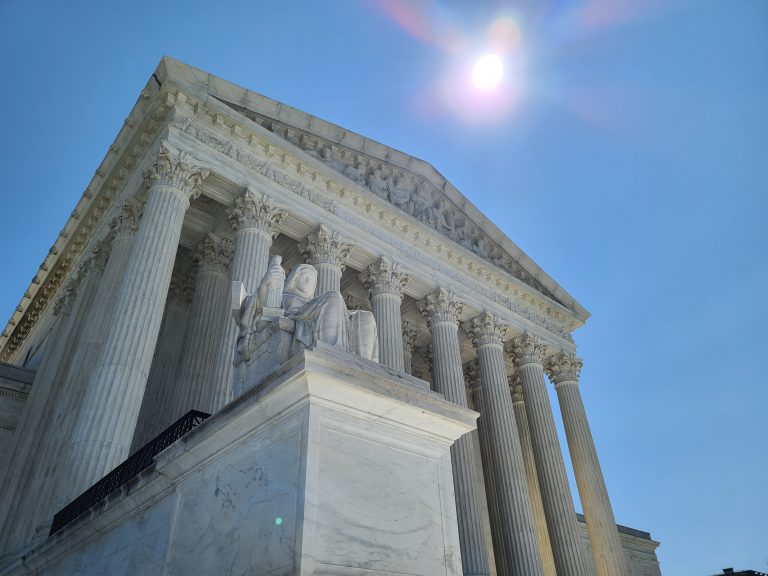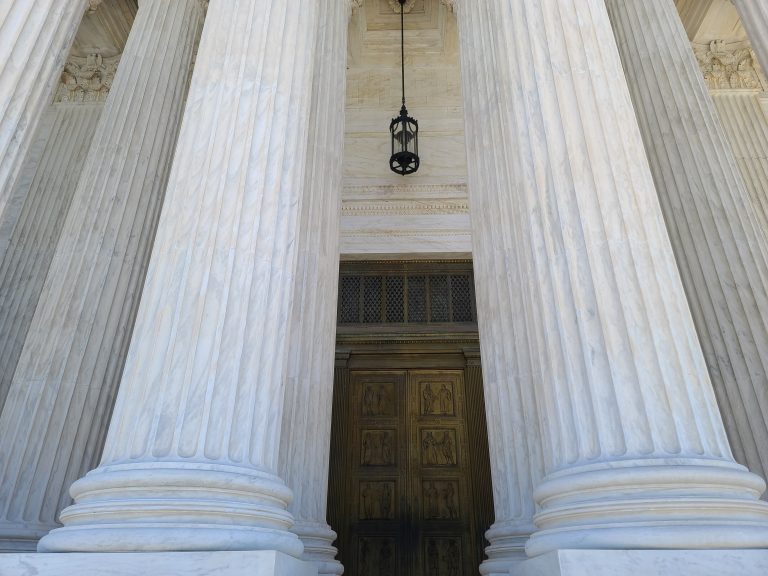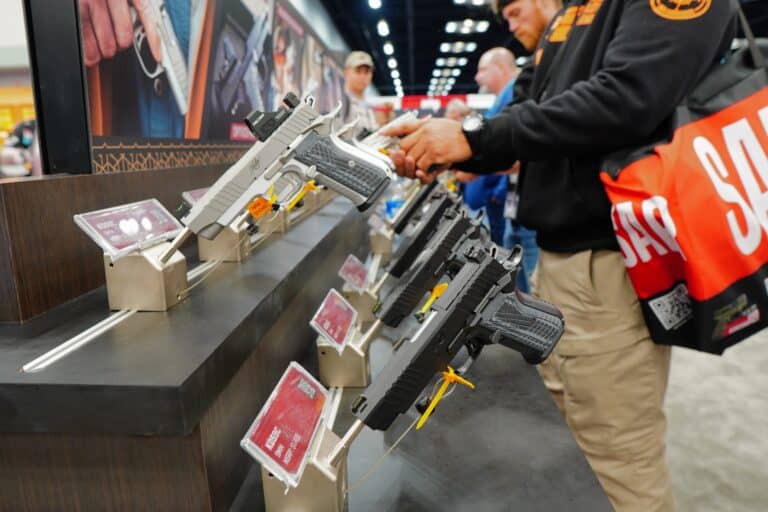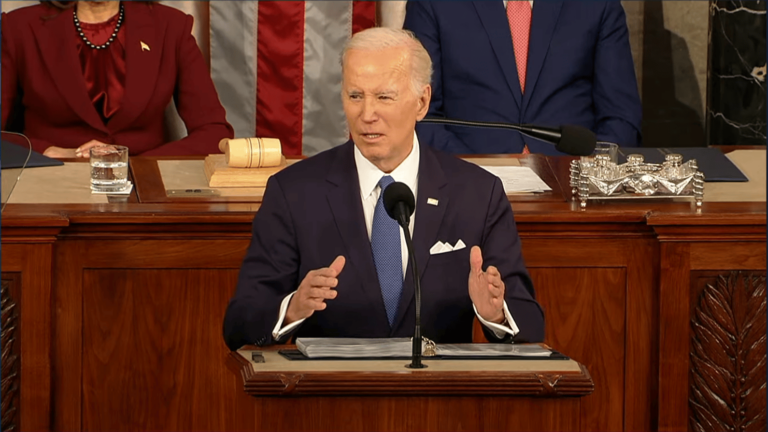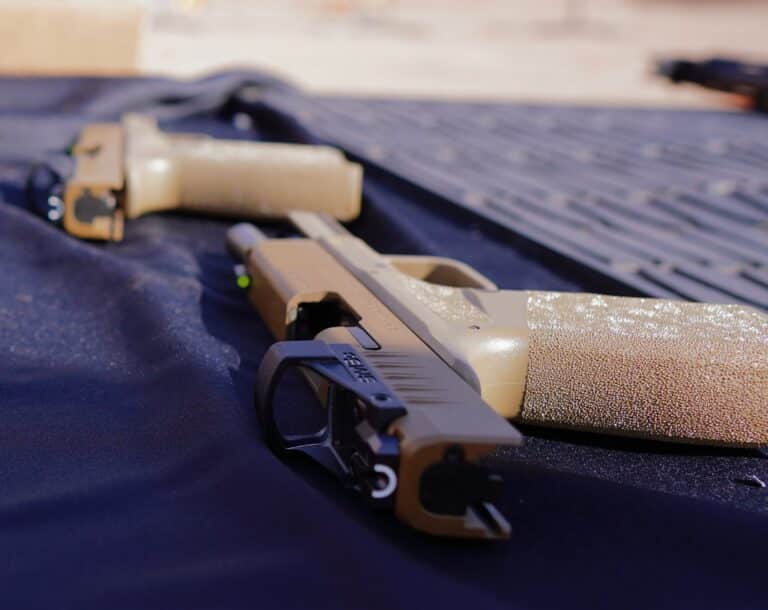
Analysis: San Jose Gun Insurance, Tax Better Bet to Survive SCOTUS Than AR-15 Bans [Member Exclusive]
San Jose’s novel gun ownership fee and insurance mandate were just upheld, and they have a better chance of surviving a Supreme Court challenge than many hardware bans. Last Thursday, U.S. District Judge Beth Freeman found the city’s first-of-its-kind ordinance doesn’t violate the Second Amendment. She ruled the restrictions were in line with the historical tradition of gun regulation during the Founding Era, as required under the test set out by SCOTUS in New York State Rifle and Pistol Association v. Bruen. “[W]hether the standard was strict liability or negligence, the Nation nonetheless maintained a ‘historical tradition’ of shifting the costs of firearm accidents from the victims to the owners of the implicated firearms,” Judge Freeman, an Obama appointee, wrote in NAGR v. San Jose. A law that imposes a gun restriction that has literally never been tried before doesn’t seem like a good candidate to survive Bruen‘s history-based test. And there are several significant weaknesses with Judge Freeman’s argument, but it does employ historical analogues that are closer in nature than many of the ones other federal judges have used to uphold various hardware bans. That’s because the insurance mandate is much more similar to a well-established historical gun regulation than any general ban on owning certain kinds of guns or accessories. Surety laws were discussed at length in Bruen as a series of laws from the relevant time period that may be used as the basis to uphold a modern law. SCOTUS found they weren’t a close enough match to justify New York’s restrictive and subjective gun-carry permit law, but they could be closer to what San Jose is doing. Certainly, that’s what Judge Freeman argued. “[T]he Court finds that surety laws and the Insurance Requirement share substantial overlap as to the ‘how and why the regulations burden a law-abiding citizen’s right to armed self-defense,’” she wrote, quoting Bruen‘s standard. Surety laws were adopted by several states in the late 18th century and did operate as a kind of pseudo-insurance. Those subject to the laws would have to post a bond in order to carry a gun. And, if they broke the peace, the surety would be used to pay for the damages. Still, historical surety laws are different from San Jose’s insurance mandate in a number of substantial ways. For one, only people who were directly and specifically accused of being a potential threat to the public peace had to post a surety. And they only had to do so in order to carry a firearm. San Jose’s mandate is a general requirement for everyone who wants to just own a gun, not carry it. Judge Freeman noted these distinctions in her ruling. She admitted they were real but found they weren’t enough to push the modern novel regulation outside the scope of acceptable analogues. “Plaintiffs argue that surety laws are distinguishable because these laws imposed a financial burden ‘only after an individual was reasonably accused on intending to injure another or breach the peace,’” Judge Freeman




